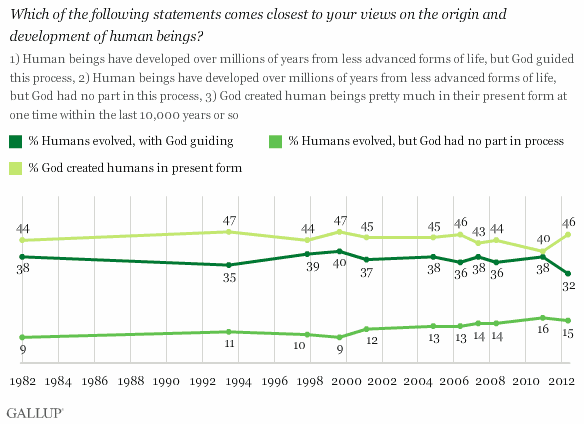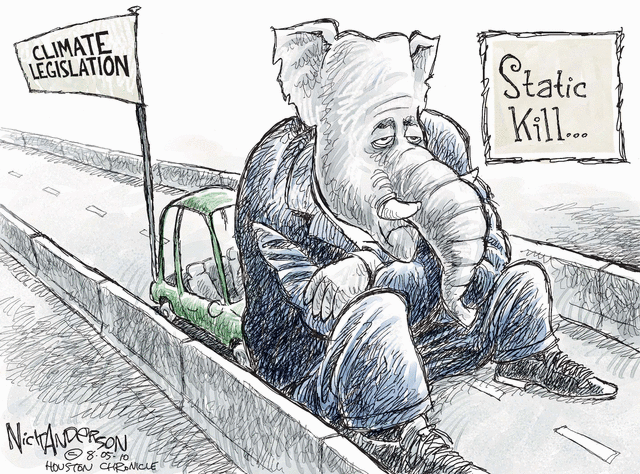Pennsylvania Judge Robert Simpson, who had previously ruled that the state voter ID law could go forward, has suspended the portion of the law that would required voters to have a state issued ID to vote on November 6. Voters can still be asked for ID but if don’t have it, they can still go ahead and vote:
Judge Simpson said in his Tuesday ruling that for the presidential election of Nov. 6, voters in Pennsylvania could be asked to produce the newly required photo IDs, but if they did not have them could still go ahead and vote. The decision could still be appealed to the state Supreme Court.
“While we’re happy that voters in Pennsylvania will not be turned away if they do not have an ID, we are concerned that the ruling will allow election workers to ask for ID at the polls and this could cause confusion,” said Penda D. Hair, co-director of Advancement Project, one of the groups that challenged the law. “This injunction serves as a mere Band-Aid for the law’s inherent problems, not an effective remedy.”
The ruling does not stop the law from being enforced in future elections and there are some serious concerns. Poll workers can still ask for ID and that creates confusion about provisional ballots, as David Dayen at FDL News points out:
Just think of the scenarios. A voter is asked for ID, and producing none, instructed to write a provisional ballot. Technically that ballot must be counted, but the voter might leave, suspecting their vote won’t count. Or they may not follow the provisional ballot instructions closely enough. Or poll worker error could easily lead to a voter being asked to leave without voting. [..]
So this all relies on poll workers knowing that the provisional ballot process is not in effect for voter ID, but that they have to ask for a voter ID anyway. I’m not necessarily confident in that approach, but it’s better than how it initially looked.
What Atrios said
I tried to read the ruling, but it’s written in gibberish. The smart lawyer people on the internet seem to agree that the judge has decreed that poll workers will ask for IDs, but if people don’t have them they should let them vote anyway. In other words, better than nothing but untrained poll workers are not going to have any idea what they’re supposed to do so this election in PA will be a complete mess.

 Lots of puzzling around about Romney tapping Ryan for Vice President. Lots of coverage of nervous Republicans down-ballot:
Lots of puzzling around about Romney tapping Ryan for Vice President. Lots of coverage of nervous Republicans down-ballot: 

Recent Comments